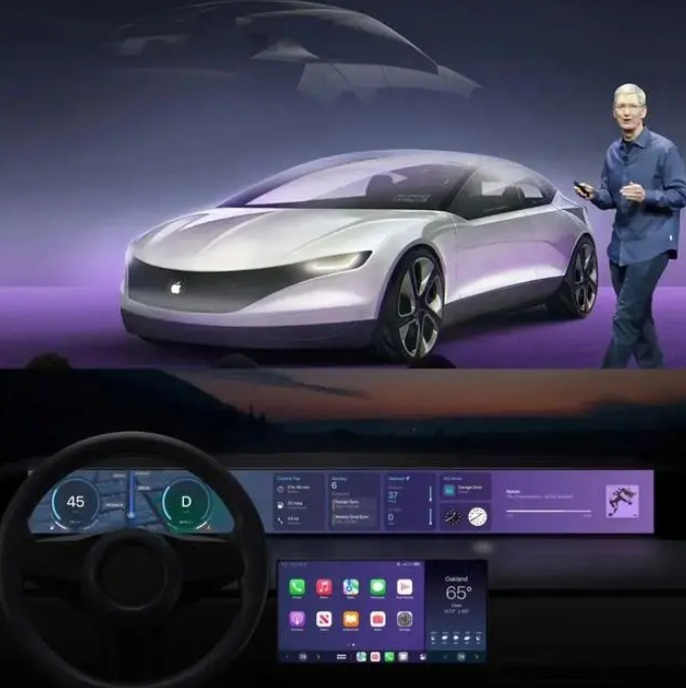Is Apple’s Awakening on Abandoning Car Manufacturing Too Late?
After a decade of secretive efforts, Apple Inc. has decided to abandon its electric vehicle project, with some employees who were working on the Apple car project being reassigned to the artificial intelligence (AI) department.

The news that Apple will not manufacture cars has caused a significant stir in the Chinese market, especially when the Chinese new energy market is booming. Many people are puzzled by Apple’s decision. However, looking back at Apple’s strategic layout in recent years, the market’s reaction might be somewhat exaggerated. Given Apple’s current situation, it’s a huge unknown whether it can even survive the present “crisis,” let alone influence or define the market.
Since Steve Jobs’ death, Apple’s flagship products, the iPhone and iPad, have faced criticism. The lack of disruptive innovation and mere changes in color and size have gradually led to doubts and disappointment in Apple. Moreover, the recent news about high return rates and poor reputation of Apple’s Vision Pro indicates that even such an innovative product, on which Apple had pinned great hopes, has not been universally accepted in the market.
The capital market has clearly expressed its pessimism about Apple through its stock price. On February 9, Microsoft’s market value reached $3.12 trillion at one point, surpassing Apple’s record of $3.09 trillion set on July 31, 2023, and becoming the highest-valued company—a position once firmly held by Apple.
Microsoft, once far behind Apple, has reclaimed the throne of the highest market value among technology companies, thanks to its investment in OpenAI, which represents the cutting edge of current human technology. In contrast, Apple, once a leader in disruptive innovation, has missed the AI opportunity by investing in the metaverse and virtual reality technology behind Vision Pro, and is now faced with criticisms of being “lackluster” and “past its prime.”
For Apple’s current CEO, Tim Cook, the decision to halt the car manufacturing project and shift personnel to the AI department clearly shows Apple’s intention to catch up with leaders like OpenAI and Google. However, this first requires substantial investment. Cutting the expensive car manufacturing project is likely just the first step in Cook’s journey into AI.
As technology evolves rapidly, the lifespan of giants seems to be shrinking. Looking back, it took Apple just over a decade to overtake Nokia. Now, is Apple destined to follow in Nokia’s footsteps? Even Cook does not have the answer to this question.
In the AI field, Apple is described as having “woken up early but arrived late to the market.” More than a decade ago, Apple introduced Siri, a virtual assistant driven by artificial intelligence. However, after more than ten years, Apple is not leading the current AI race. Microsoft CEO Satya Nadella has previously said in interviews that voice assistants are “as dumb as a rock,” and new AI will lead the development trend. Nadella’s analogy resonates with many, indicating that Apple has missed the key trend of generative AI.
The changing of the guard has already begun, and whether Apple admits it or not, its core strategic position is shifting from a leader to a follower.
Apple’s experience serves as another reminder and warning to other companies in the fast-paced business world. There are no “too big to fail” legends; once the pace of innovation stops, the market will leave you behind.